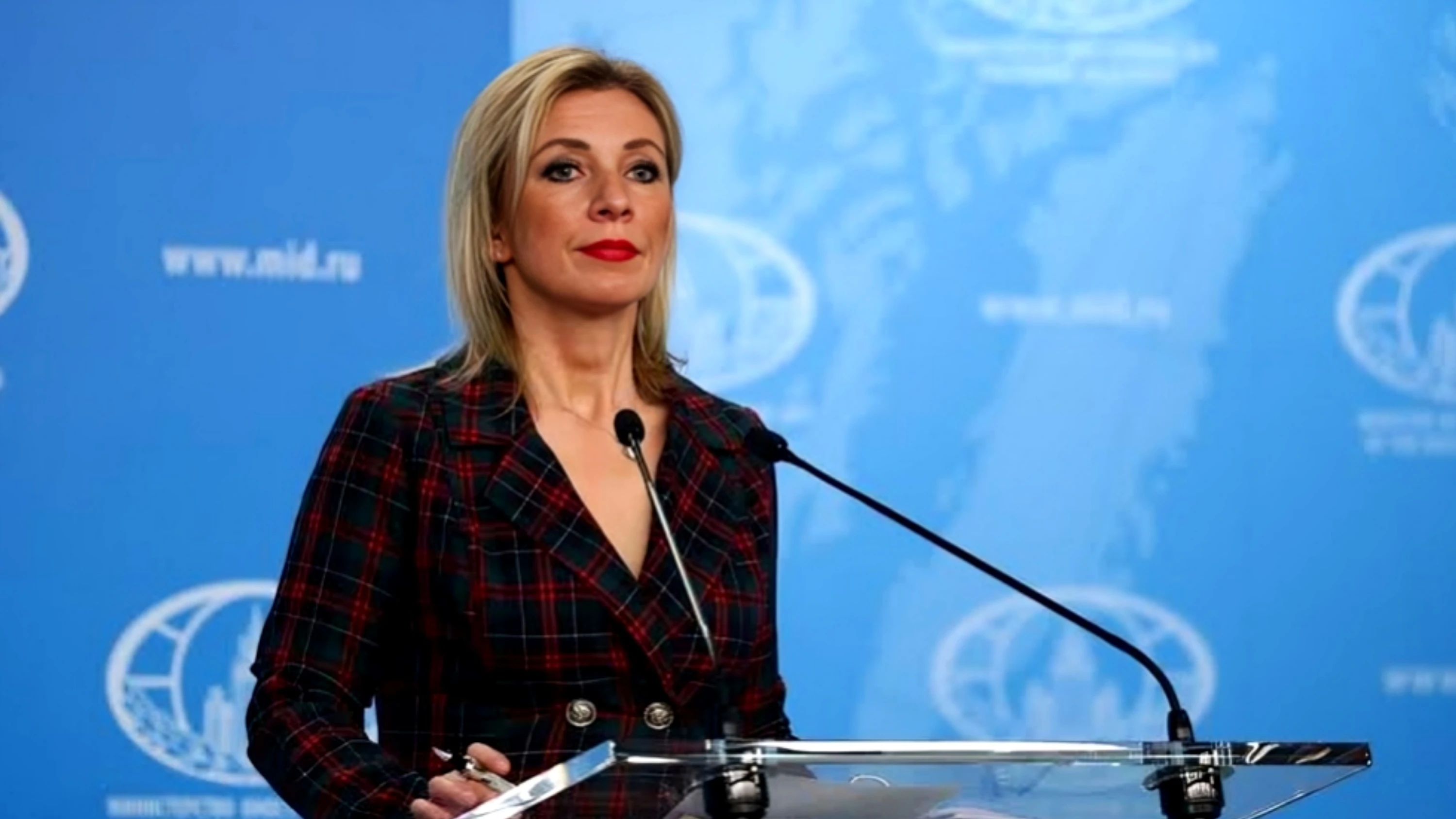Khartoum: Humanitarian needs in Sudan continue to escalate as ongoing conflict and a widening cholera outbreak displace thousands across the country, according to the UN Office for the Coordination of Humanitarian Affairs (OCHA).
In Khartoum State, nearly 9,700 people have recently fled Al Salha in the Um Durman locality due to intensifying violence, the International Organization for Migration (IOM) reports. While many displaced families remain within Um Durman, others have moved northward to Karrari, where insecurity persists.
In South Kordofan, clashes in Dibebat town, Al Quoz locality, forced over 9,000 people to flee last week alone. The security situation in the region remains extremely unstable, hindering aid efforts.
Meanwhile, in North Darfur, about 600 individuals were uprooted from Abu Shouk camp and El Fasher town. While most have sought refuge within El Fasher, others have traveled to Kutum, As Serief, and Tawila localities. Aid agencies are expanding operations in these areas, but face severe limitations due to resource gaps and logistical hurdles in deploying personnel.
Compounding the crisis, the spread of cholera continues to threaten public health. Although reported cases in Khartoum are declining, infections are on the rise in neighbouring River Nile State. Over the past two weeks, more than 180 cholera cases and four related deaths have been recorded, mainly in Atbara, Barbar, and Ad Damar. Alarmingly, 55 of these cases were linked to recent arrivals from other states, including 45 from Khartoum and Um Durman, highlighting the disease’s cross-regional transmission.
Humanitarian officials warn that damaged infrastructure, limited access to clean water, and the ongoing movement of displaced populations are accelerating the spread of cholera across the region.
In Blue Nile State, thousands of displaced people returning to their communities are now in urgent need of support. A joint assessment by the UN and its partners found that many returnees lack essentials such as food, clean drinking water, shelter, healthcare, and education.
Despite round-the-clock efforts by humanitarian organizations, ongoing insecurity, access limitations, and severe funding shortfalls continue to hamper the delivery of life-saving aid across Sudan.








